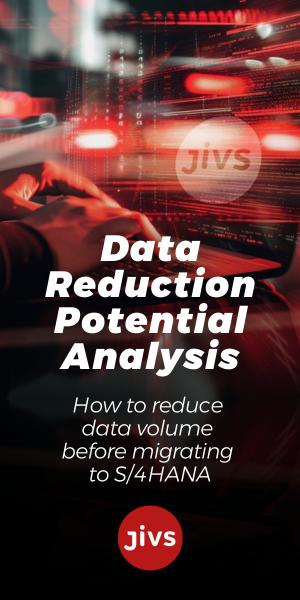Large language models (LLMs) and ERP technology – the combination of the two systems has been teased as the future of the ERP landscape, one still in its early stages of initial development.
The integration of an LLM within enterprise tech platforms seems like an obvious one; LLMs can process a vast array of data in context, essentially laying the foundations for automation solutions. Seemingly recognizing the potential value, EY launched its AI platform, EY.ai, in September 2023 and shared with us the benefits of the new, collaborative efforts. Catriona Campbell, CTIO, EY UK and Ireland, shared the extent of the internal changes that needed to be made to successfully develop EY.ai, which included rolling out a LLM to its own people.
“Part of our investment into EY.ai is the roll out of EYQ – a large language model – to our entire 400,000 person workforce. This is one of the first and largest private GenAI implementations in the world. Initial evidence shows EYQ is driving a 40 percent gain in productivity at EY which is expected to rise to 100 percent in the next 12 months.”
EY invested $1.4bn in EY.ai over the course of 18 months, with the goal of creating a unifying platform that combines EY’s own business experience with AI tech to aid firms in adopting AI solutions.
By cultivating an ecosystem of business alliances within EY.ai, EY can combine the collective business and technological knowledge of its partnerships with its own AI capabilities to offer a more effective, holistic approach to business transformations via AI adoption. The business alliances include Dell Technologies, IBM, Microsoft, SAP, ServiceNow, Thomson Reuters and UiPath, along with a few others waving the AI flag.
“The platform,” Campbell continues, “connects the vast business experience of EY teams in strategy, transformation, risk, assurance and tax with EY technology platforms and AI capabilities in supporting clients to confidently adopt AI while addressing its challenges. It is used by EY teams to deliver differentiated AI-powered services and solutions to clients.”
Ultimately, the capabilities of EY.ai could serve as evidence of the potential in developing LLMs with ERP technology. The boost in productivity when working in tandem with GenAI abilities can be the push businesses need to embrace innovation.






